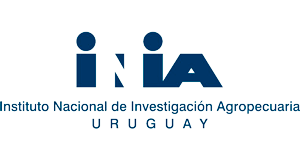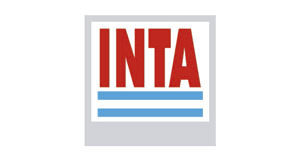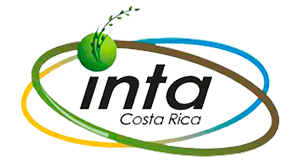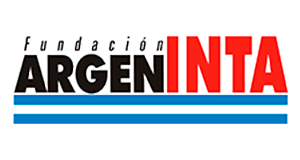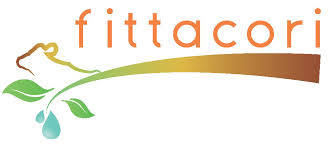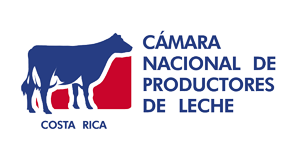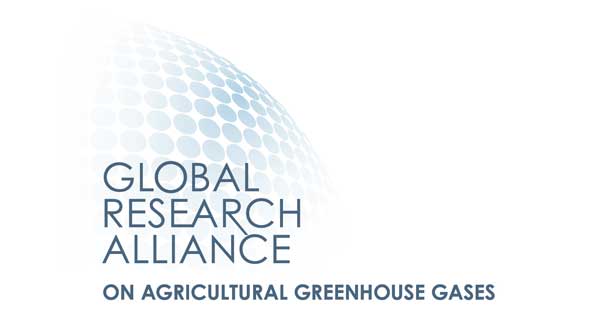Innovative AgTech solutions for smarter grassland management in Latin America
A regional platform was created between Uruguay, Argentina and Costa Rica to adopt AgTech technology to our conditions. Improving self-sufficiency and sustainability in livestock intensification through grassland management.
Context of the story
Technicians and farmers have detected low levels of fodder harvest on family farms in Latin America and the Caribbean, hence the importance of increasing harvest levels since grass forage resources are the basis of dairy and cattle systems in the region. Although there are many methods for measuring grass stock, there is no easily systematized and adopted method in the region to help technicians make decisions to improve the efficiency of pasture use. In the global context, we understand that improving the self-sufficiency and sustainability of production systems is key to achieving sustainable intensification, providing natural food at low cost, improving profitability and providing greater biodiversity.
Develop and validate easily adoptable technology for conditions in LAC to improve the efficiency of forage resources on family farms.
The implemented initiative
Dairy and meat production in Latin America and the Caribbean is mainly pasture-based, highlighting the importance of efficient production systems in terms of pasture harvesting. The main objective of the regional platform formed by Uruguay, Argentina and Costa Rica is to increase forage harvest levels by at least 30% on family farms. To achieve these objectives, a Decision Support System (DSS) will be developed to simplify and optimize grazing management decisions. This project directly benefited 200 technicians and producers, with an indirect reach of at least 4,000 family farmers.
AgTech solution launched in Latin America
The technological solution
The AgTech solution has positive impacts on production systems, such as improving the profitability of production systems, sustainability and the level of self-sufficiency. It is important to implement this technology on farms where the food base of these systems is pastoral. Today we are facing changing climatic scenarios, so increasing pasture production will give family farmers an increase in productivity and quality of life. Increased natural habitats for animals, reduced input use, increased nutrient recycling and increased carbon sequestration of pastures. The developed tool, available in the cloud, provides real-time information on the sequence of paddocks to be grazed and the area available for the creation of reserves and was designed with a “User Centered Design” approach. It was designed with a “User Centered Design” approach, generating a participatory development that took into account the needs of the users, achieving a balance between usability, tool complexity and capacity to generate impact on productive systems.
"Having the growth rate and stocking data makes it very easy to make the decision to increase concentrates or reduce to a grazing shift and in the spring to be able to close paddocks in a timely manner for quality reserves."
Participating countries
Type of project
Results
A regional platform was formed, comprising three LAC countries, with the objective of improving self-sufficiency and sustainability on family livestock and dairy farms.
A pastoral network was established among the participating countries, promoting the continuous exchange of experiences among technicians (facilitators) and researchers.
A prototype AgTech solution was developed and validated, a web-based tool designed to increase the levels of forage produced, for direct consumption or for the production of reserves.
An API was generated that allows scaling the tool on other platforms, facilitating its integration, expansion and long-term sustainability, ensuring its adaptability to different contexts and needs.
The use of drones was calibrated for remote biomass estimation for species representative of the three countries.
A significant number of technicians and producers were trained, which contributed to the successful implementation of the tool.

 Back to the project
Back to the project Uruguay
Uruguay Argentina
Argentina Costa Rica
Costa Rica United States
United States